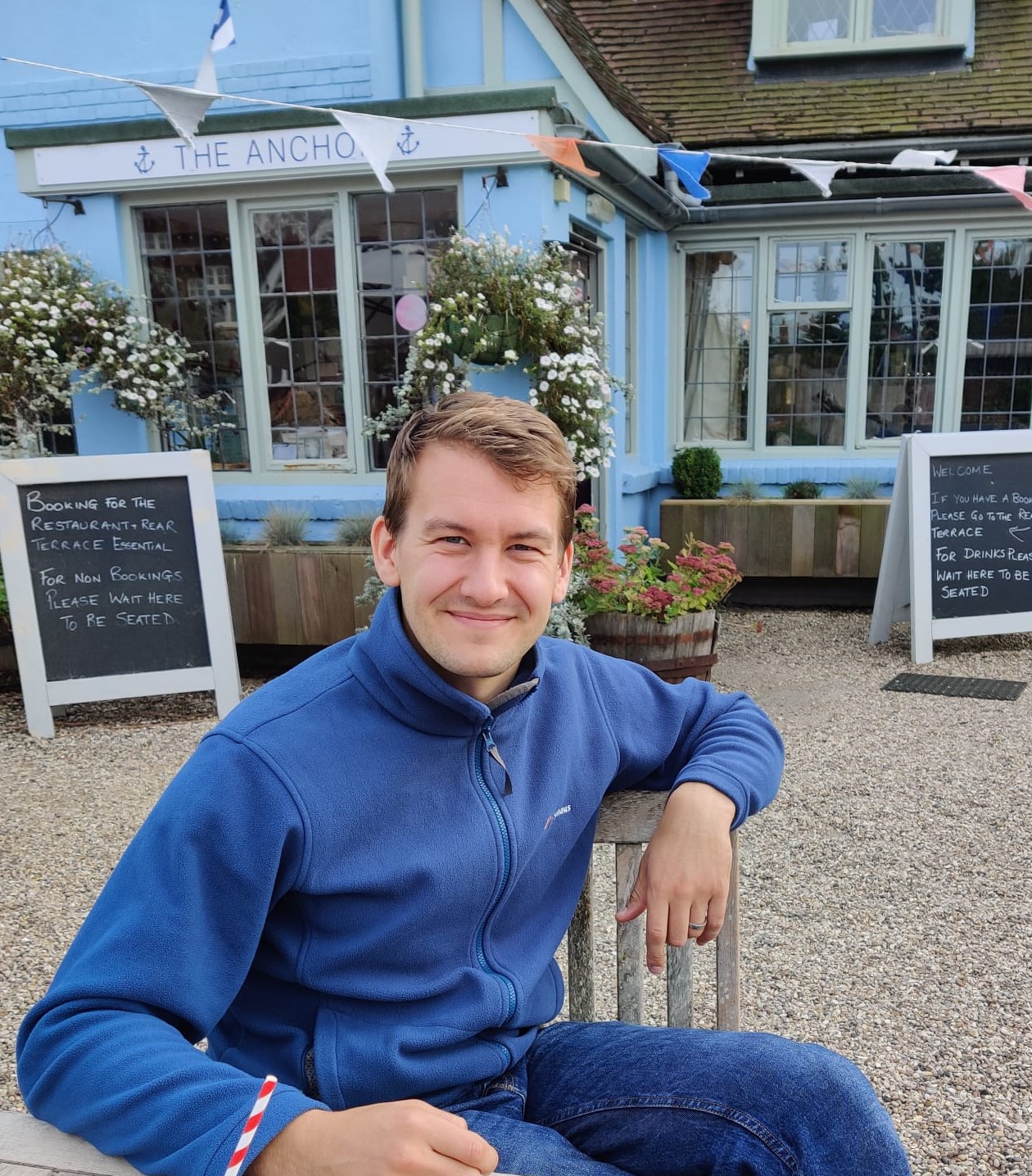Tumas Beinortas, who started his Clinical PhD in 2021 explains his research and why he applied to the CRUK Cambridge Centre
How did you get here?
I applied for a CRUK clinical research fellowship after being an academic clinical fellow in Haematology at Cambridge University Hospitals for three years. My goal is to be a clinician scientist and therefore I applied for the PhD funding.
Why did you choose Cambridge and the CRUK Cambridge centre?
The wealth of intellectual, human capital and state of the art research facilities make Cambridge a leading place in the world for basic science research as reflected by its academic output. In my field of interest – Haematology - Cambridge also is among two leading places in the world for research. The ability to combine clinical work with basic science research and world class colleagues make Cambridge an ideal place to develop as a clinician scientist.
How did you decide which PhD project to embark on?
I wanted to work on deciphering the mechanisms behind aggressing human blood cancers – leukaemias. A project in Prof Huntly’s lab offered exactly that. We are interested in finding out the mechanism of how core Hox developmental genes, that are normally silent in differentiated blood cells, become highly activated and drive leukaemia growth, survival and plasticity molecular programmes. The nature of the project also offered a broad exposure to important research methods and techniques as well as novelty and clinical relevance to my patient care.
What do you hope to achieve with your research?
While the first months or years of my research training will probably constitute of mostly learning, eventually I would love to make the field of AML research advance an inch closer to achieving a life-long cure for all, rather than for few, patients affected by this disease. This may be in the form of figuring out a biological process behind disease maintenance and progression in a certain genotype of the disease that would eventually allow a precise therapeutic targeting of the mechanism.
Tumas's supervisor is Professor Brian Huntly and he is part programme of the haematological malignancies programme.
















